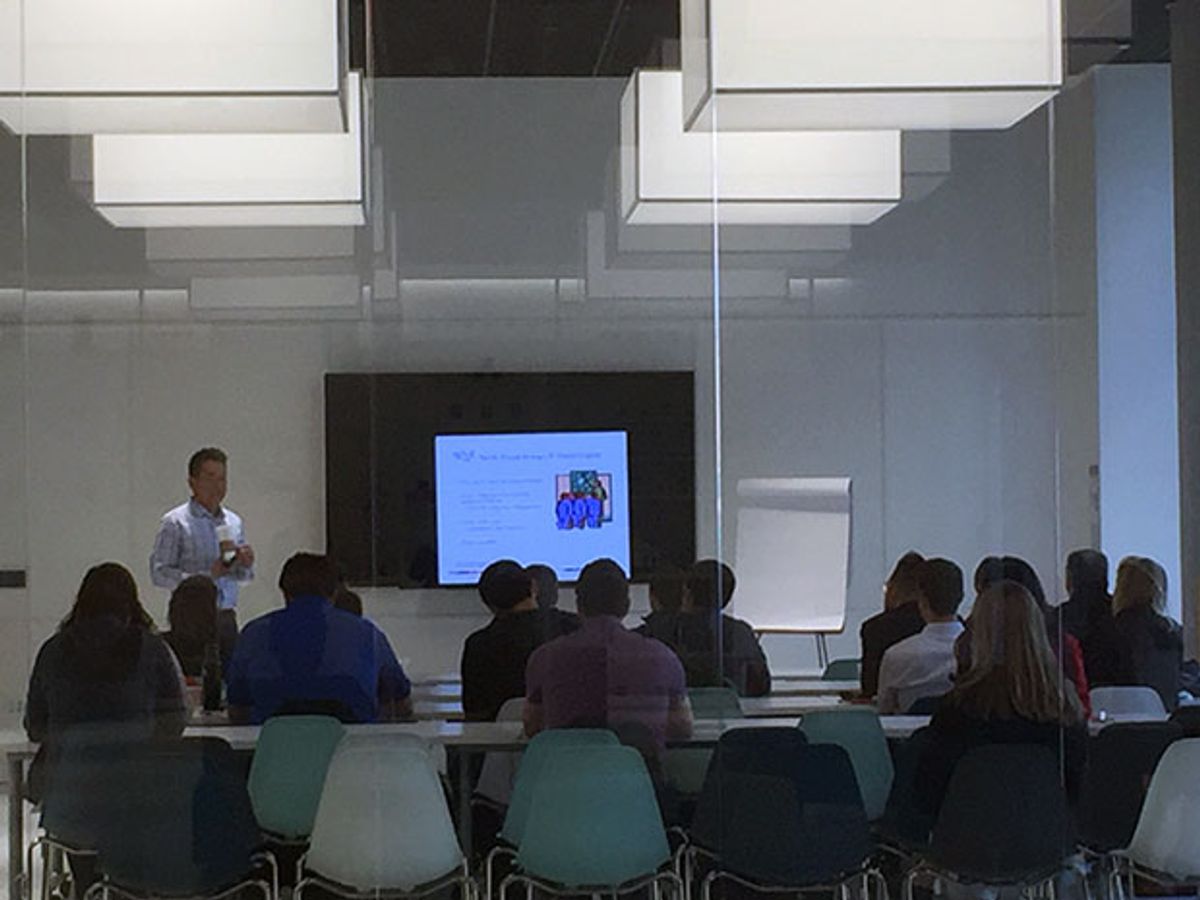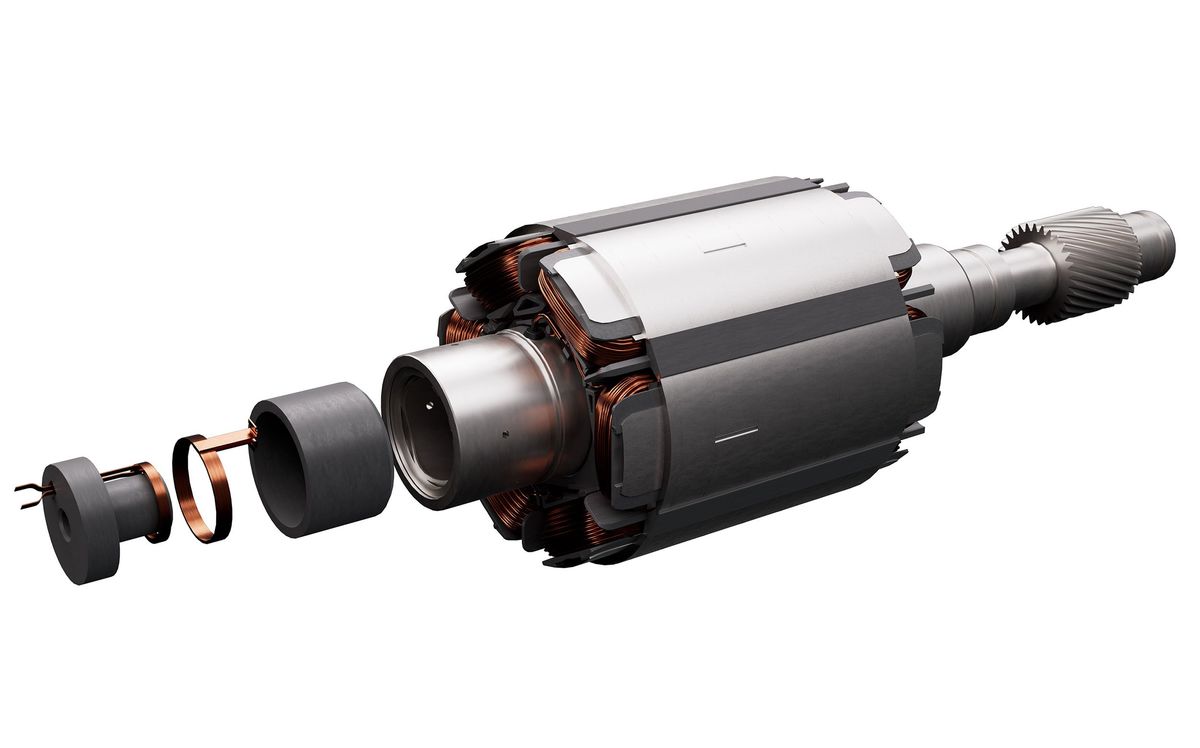There’s an ethos in Silicon Valley—people who have started a company give back by helping the next round of people who want to know how to start a business. The experienced entrepreneurs answer emails from newbies, take their phone calls, and give what advice they can.
For the past nine months, the Nasdaq Entrepreneurial Center has been trying to make it easier for the newbies to learn how to start a business, and the veterans to pass on their knowledge. It’s a San Francisco-based nonprofit started by the Nasdaq Educational Foundation and supported by Nasdaq, which owns the eponymous electronic stock exchange in the United States and a number of other exchanges around the world. The Nasdaq Entrepreneurial Center is offering a steady stream of group classes in things like startup law, crowd funding, diversity, PR training, founders equity, employment law, pitch prep, and mediation, along with individual mentoring, to just about any would-be entrepreneur who wants it. The main requirement? That you are working on your startup full-time, that is, that you are going all-out to turn your idea into a business.
When I visited this month, a basic startup law class was in session. Kelfin Yuk, one of the attendees (and an IEEE Member), told me that he’s starting an RF and microwave products consulting company; he spotted the center the old-fashioned way—he walked past it. And he found the first session a useful way to start gathering the knowledge he needs. Brett Young, founder of Adam Naturals, had gotten a forwarded email about a class on venture capital funding; he missed that class, but came to this one to find out about trademark issues. Andy, an engineer who identified himself as a co-founder of Tapplock, heard about the center just two days before he attended this class. “I love it,” he said, “I think I’ll be here often, not just for the classes, but to meet interesting people.”

These three are among some 1400 founders who have taken advantage of the center’s services since its founding last September, said Nicola Corzine, the center’s founding executive director and former partner at Band of Angels. She aims to raise that to 2000 by its first anniversary.
Once finding the center, entrepreneurs typically use its services from six to 25 hours each month. About 52 percent of them are doing tech startups, with 48 percent involved in other areas; many in this second group are working on Benefit Corporations or educational ventures. To date, they’ve come from three continents (Asia, Europe, and North America), but Corzine expects to connect with entrepreneurs from all over the world who come to Silicon Valley looking to turn an idea into a business.
Many are struggling with the same issues. A prime challenge, said Corzine, is financial—along the lines of “I need half a million dollars and I don’t have a clue how to get it.”
“Getting them to identify whether or not they are venture backable is key. And understanding the full landscape of funding options is important—that’s not a story that’s always told.”
She’s also found that startups discover that maintaining a company culture can be tough once the company’s head count gets into the double digits. “The magic number seems to be 10; go beyond 10 and the founders can no longer tell if new hires resonate with the culture.”
The instructors and mentors that work through the center have to do a fair amount of myth busting, she notes. “Entrepreneurs think that once they close the first deal everything will get easier—so they end up struggling with number two more than number one. From the investors’ perspective, one is not necessarily repeatable; they want to see four more. So the entrepreneurs feel that the goalpost is always moving, when really that is the nature of a startup.”

Besides the classes, the center offers media training in a fully tricked out broadcast studio, a pop-up store for market testing consumer products in development, and support for launch events. Experienced entrepreneurs and investors, more than 80 to date, sign up to offer their time as mentors and have already performed over 400 hours of mentoring.
Nasdaq and other corporate sponsors, like Thomson Reuters, GE Ventures, law firm Wilson Sonsini Goodrich & Rosati, consulting firm KPMG, and the University of Melbourne, are using the center not just to help entrepreneurs but to learn about them in hopes of developing products they will want. They are also supporting research through the center, including an extensive study involving six million records aimed at identifying key attributes of successful entrepreneurs and building a diagnostic tool to help would-be company founders identify their weak points.
The plan is to roll out similar centers around the world—either stand-alone, or as part of a university or on a corporate campus—Corzine says, because entrepreneurs are more global these days.
Tekla S. Perry is a senior editor at IEEE Spectrum. Based in Palo Alto, Calif., she's been covering the people, companies, and technology that make Silicon Valley a special place for more than 40 years. An IEEE member, she holds a bachelor's degree in journalism from Michigan State University.



